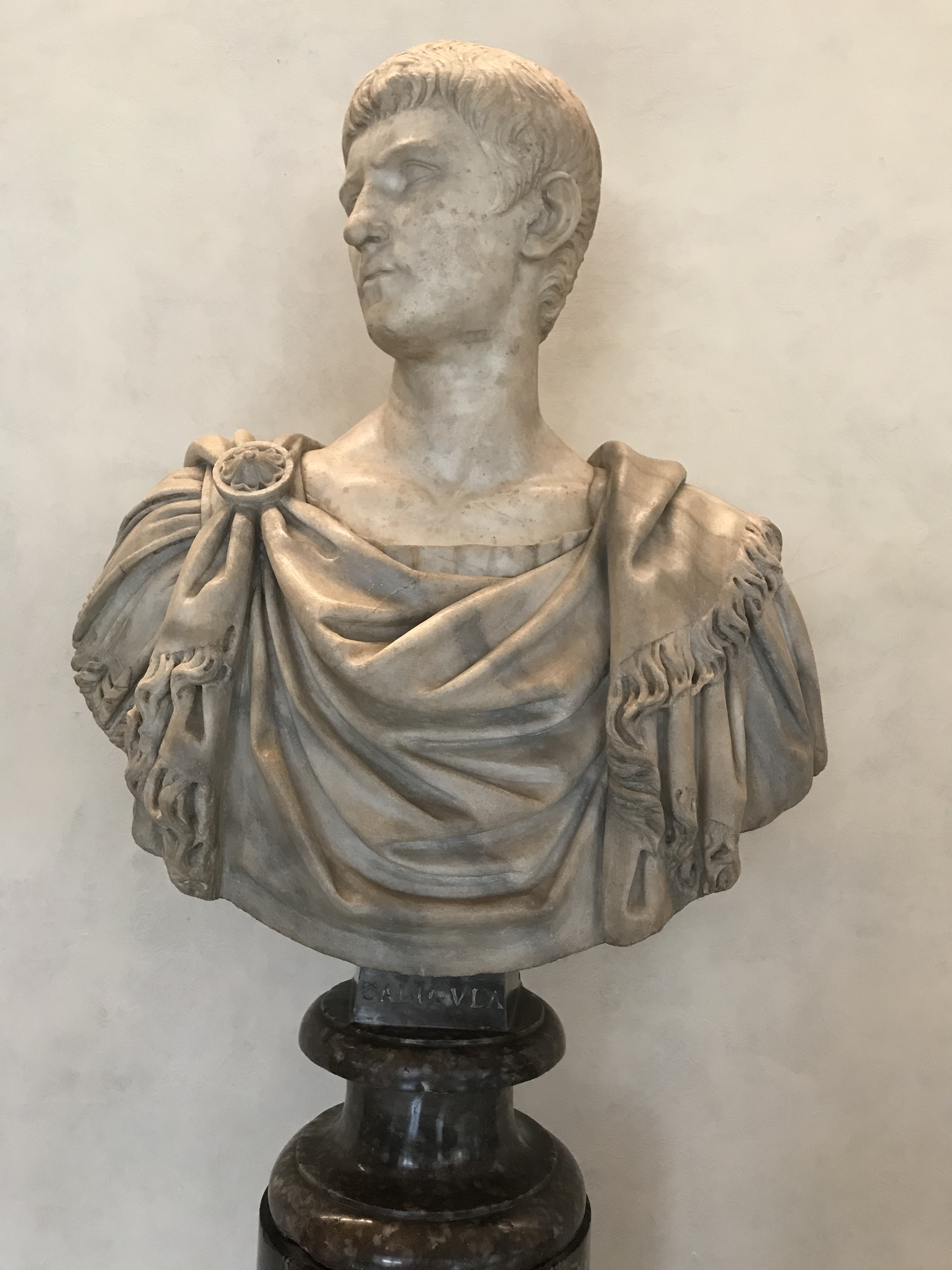I haven’t done one of these in a while. I assume you’ve all seen Greta Gerwig’s Little Women, so I don’t have to include spoiler alerts.
The difficulty with portraying writers in movies is that they’re mostly boring people, and what they do is mostly boring. Scribble scribble. In Little Women, Jo March is scribbling in her attic room by lantern light. When she finally gets the idea that she should be writing the story of her family rather than fantastical adventure stories, she starts scribbling really fast. This is fine, because I would watch Saoirse Ronan scribbling names from the telephone book. But anyway, Greta Gerwig has Ronan’s right hand cramp up, so she switches the pen to her left hand and keeps scribbling. This is a lovely touch!
And then we see the accumulating pages laid out on the attic floor. Five pages, then quick cut to ten pages, then to twenty, and so on. She’s making progress! This is fine, but I was bothered by the lanterns on the floor illuminating the pages. That’s because I had PTSD from the scene earlier in the movie when sister Amy burned Jo’s novel page by page after Jo wouldn’t let Amy join her and Laurie at the theater. Don’t put the pages of your novel near a source of fire, Jo!
In the movie we get a big, sisterly fight when Jo discovers what Amy has done, then some parental words about forgiveness from Marmy, and a couple of scenes later Jo and Laurie save Amy from drowning after she falls through some pond ice. Don’t do it, Jo and Laurie! Drowning in icy water is a fitting punishment for burning someone’s novel!
I digress. The scenes of grown-up Jo negotiating with the hard-nosed New York editor are lovely. I was afraid the whole flashback approach Gerwig came up with would be irritating, but it wasn’t at all. (The Irishman uses a double-flashback structure that also worked OK, although the complexity of the device seemed unnecessary.) Anyway, Gerwig took a big risk, I thought, when she goes all meta on us and has Jo and the editor discussing the climax to her book, and he convinces her to have a scene where the heroine gets together with her hot boyfriend Friedrich — a scene that didn’t take place in real life or in the real book. But that’s the scene we see in the movie. And it was nicely done! (The excellent 1994 version of the book just includes a comparable get-together scene with the boyfriend — Gabriel Byrne in that case — without the narrative hijinks.)
Anyway, the movie was really good. Bring your hot writer boyfriend or girlfriend to see it.




















 but Trumbo struck me as being a very bland movie. Trumbo is presented as a secular saint, with his opponents–Hedda Hopper, John Wayne–presented as purely evil. The only flaw we see in Trumbo is when he gets cranky with his kids for not wanting to deliver some of his rewrites to a movie set–but he quickly repents and goes off to apologize to his daughter, who, like him, is devoted to the cause of justice for the downtrodden. Couldn’t we at least have had a scene where he explains why he’s still a communist despite what was then known about Stalin? Life and politics in the 1950s were more complex than this movie lets on.
but Trumbo struck me as being a very bland movie. Trumbo is presented as a secular saint, with his opponents–Hedda Hopper, John Wayne–presented as purely evil. The only flaw we see in Trumbo is when he gets cranky with his kids for not wanting to deliver some of his rewrites to a movie set–but he quickly repents and goes off to apologize to his daughter, who, like him, is devoted to the cause of justice for the downtrodden. Couldn’t we at least have had a scene where he explains why he’s still a communist despite what was then known about Stalin? Life and politics in the 1950s were more complex than this movie lets on.